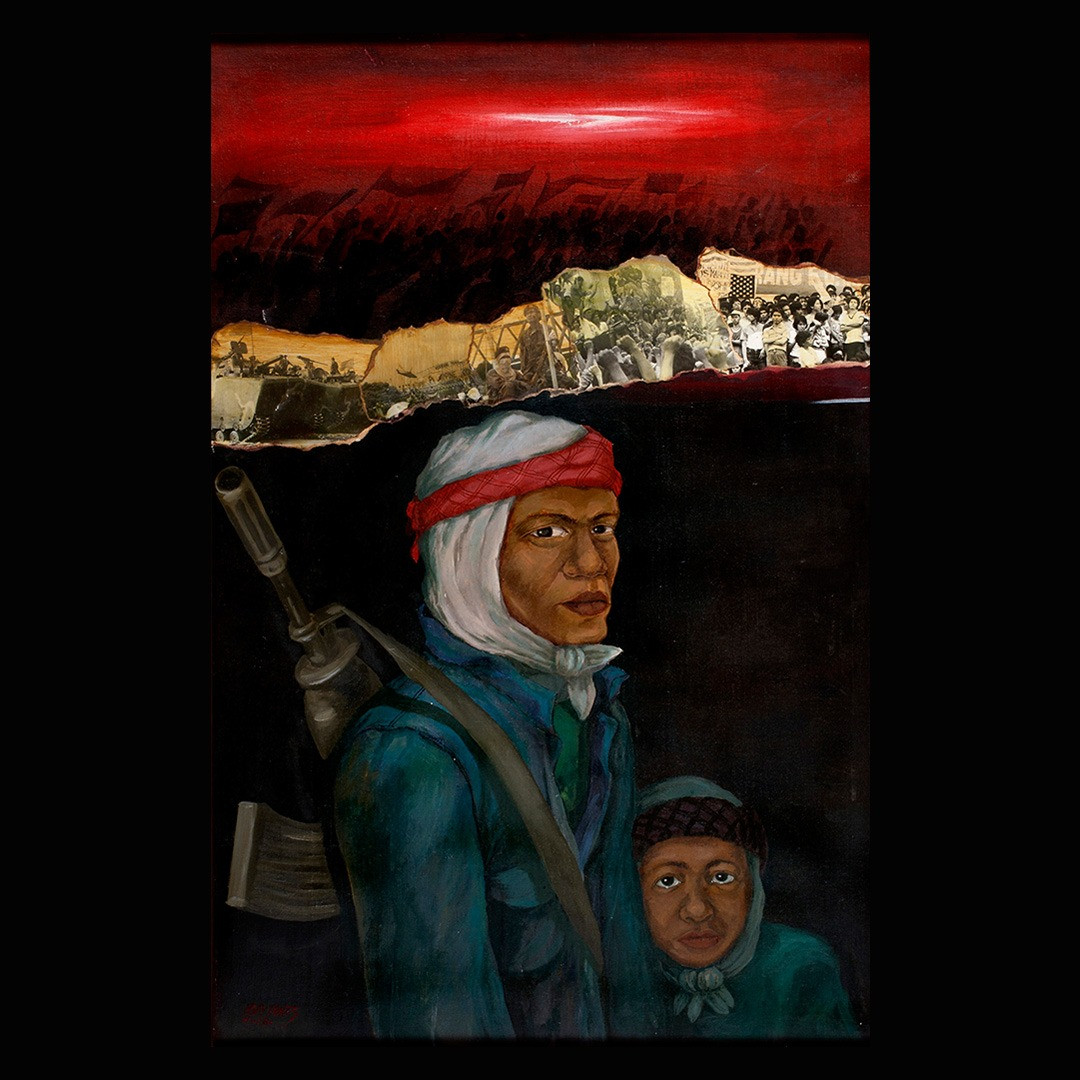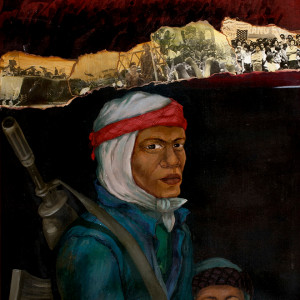Tay, Malaya Na Ba Tayo?
Painting
Artist
EGHAI ROXAS
Date
1986
Language Group
Data currently unavailable
Artist Collective
n/a
Geographical Setting
Metro Manila
Provenance
Donated by artist
Making Classification
Painting
Making Sub Classification
Mixed media
Anthropological Class
Artwork
Museological Class
Mixed media
Museological Sub Class
Data currently unavailable
Condition
Excellent
Material
Oil on canvas with photo collage
Dimensions
90.10 x 58.50 x cm
Artist Statement
Data currently unavailable
Bibliography
Data currently unavailable
Annotation
Social Realist painting, as a genre of Modernist artmaking in the Philippines, gained increased political significance during the Martial Law regime imposed by President Ferdinand Marcos from 1972 until 1983. It sustained its critique of onerous power as visual narrative through the entire period and well into the end of the 20th century Philippines. The repertoire of images of social ills conspicuously included poverty, oppression, and abuse—normatively painted in each Social Realist artist’s dramatic iconography that appealed to the public’s capacity for outrage. The genre occupied disparate spaces from galleries to myriad street protest locations, and the artists were all well known as actors in anti-dictatorial fronts. Social Realism in the Philippines, such as this example, espoused a Materialist stance in the analysis of structural problems, and a desire for revolution against capitalist order.
Curator’s commentary
Social Realism has had, for half a century, the status of sole artistic protagonist to authoritarianism in the Philippines. It was the visual art’s main critical spearhead at the end and during denouement of the Cold War as it played out in Southeast Asia. Self-identified with the Philippine Left, hence at cross-purposes with Rightwing formations, principally the state as reactionary, Social Realism took the high moral ground from postmodern, postcolonial artistic explorations in Conceptualism—which in the West drew from a Left intellectual lineage. Conceptualism took root at the Cultural Center Art Museum in the 1970’s and would, in large measure because of its association with the Marcos regime, be quickly drained of revolutionary edge in the Philippines. It would take many decades for Conceptualism to regain its status in the Philippines as politically progressive, for instance in works such as “The Collection of Jane Ryan and William Saunders: Jewelry in Augmented Reality” by Pio Abad and Frances Wadsworth Jones (2022).
Licensing
The exclusive Intellectual Property Rights of the information contained in this website remains with the artist/s and the Cultural Center of the Philippines and is protected by the laws of the Republic of the Philippines. No part of this website may be reproduced, published, distributed, or transmitted in any public form or by any commercial means without prior written permission of the artist/s and CCP.
For permission and licensing requests, email vamd@culturalcenter.gov.ph.
Feedback
We are committed to learning more about our collections and updating the content of this website. Does this record contain inaccurate information or language that you feel we should improve or change? Please contact us at vamd@culturalcenter.gov.ph.



